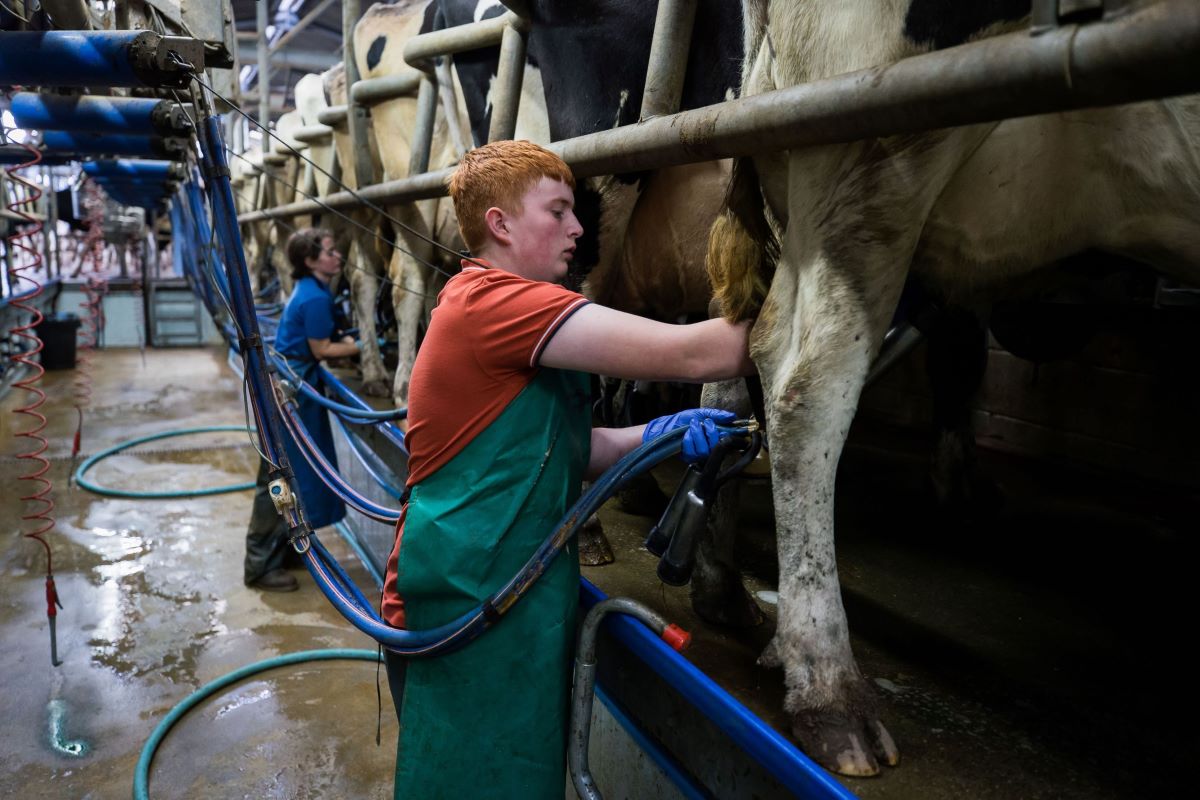Time to fix the Levy

Eight years on from the launch of the Apprenticeship Levy, and billions are still going unspent while industry struggles with skills gaps. Anna Clarke, director of employer engagement and partnerships at Milton Keynes College Group, says it’s time for reform.
As we celebrate National Apprenticeship Week, colleges across the land will also be bemoaning the struggles we all have with the Levy. Wouldn’t it be wonderful if by the time NAW comes around in 2025, we were working with a system that was fit for purpose in supporting business with the people it needs?
Broadening Levy Spending and Simplifying Bureaucracy for Small Employers
Two areas are in desperate need of reform. Levy spending must be both broader and more targeted in terms of the training it supports, and the bureaucracy that puts off so many smaller employers must be simplified.
There is clear evidence that the system isn’t working as well as it should, in that since the Levy was launched in 2017, more than two billion pounds of unspent apprenticeship funding has been handed back to the Treasury by DfE.
Those of us involved with the apprenticeship sector, know only too well that small business people are dissuaded from signing up because they think it will all be too complicated, consuming time they don’t have. And they’re right. It is and it does. Hours are spent online form-filling and sending documents backwards and forwards. There are problems over communication, for example to meet the requirements of the double lock. The average hairdresser or builder may not be as comfortable in the digital world as we are in colleges, and even if they do follow through and take on an apprentice, some we’ve dealt with have been so scarred by the process as to say never again.
Everyone understands that much of the complexity in the system is designed to weed out unscrupulous providers, but it can’t be right that the process has so much impact on those who are trying to do things properly. Apprenticeship contracts are often more than forty pages long, which is in itself potentially daunting and intimidating for smaller employers. Surely those can be simplified?
Then there’s the application of the Levy itself.
Being tied strictly to apprenticeships only is an unnecessarily eggs in one basket approach. Why not rename it the Training and Apprenticeship Levy, and make funding available for other, equally useful programmes?
In this, we see a disconnect between the wishes of the LSIPs (Local Skills Improvement Plans) and the DfE. LSIPs everywhere, are for example, expressing a need for bite-sized training. If a small business has an employee struggling with Excel, a couple of afternoons with their local college could be transformational in terms of their performance and value to the company. It would surely make sense if there was funding from the Levy available for that kind of opportunity.
Similarly, we hear concerns from small and medium sized businesses that they will not have the skills required to train apprentices as well as they might. Colleges could provide mentoring schemes for those people, again, if they were funded from the levy. This greater flexibility would also allow the bigger companies, the Levy contributors, to think more broadly about how their money could be spent, rather than shrugging their shoulders at the end of the financial year and reluctantly seeing their cash slip away to the Chancellor.
The Levy was initially designed to help bring 16-18 year olds into work, but it’s not doing that to the degree that it might. Level 2 apprenticeships, for example, have fallen by 32% as a proportion of overall spending since the Levy’s inception in 2017. The proportion spent on under 19s has also gone down over the same period by 9%. It would make sense if, say, 50% or 60% of the overall Levy take had to be spent on apprenticeships, with the rest being available for other forms of training, with maybe again, 40% or 50% of the total, earmarked for 16 – 18 year olds. Reforms would not need to be only about the youngest.
Leveraging Levy Funds
Milton Keynes College Group includes the South Central Institute of Technology which runs a multitude of digital courses including many Microsoft accredited qualifications that fall outside the traditional classifications, but which provide skills businesses are crying out for. Many people currently in work would benefit greatly from such training, as would their employers. Surely, the Levy could be used for them?
What should appeal to government about this approach is that it does not come with a request for more funding (helpful as that would be). This is about process, and about tailoring the funds available to have the greatest possible impact on the economy overall.
The theme of NAW this year is Skills for Life. As colleges we’re always being exhorted to forge better links with employers to encourage greater engagement with training, precisely to provide those skills. The links are there and the training on offer is fit for purpose. We just need a bit more support to connect one to the other more appropriately, smoothly and simply.
By Anna Clarke, Group Director: Employer Engagement and Partnerships at MK College Group.
FE News on the go
Welcome to FE News on the Go, the podcast that delivers exclusive articles from the world of further education straight to your ears.
We are experimenting with Artificial Intelligence to make our exclusive articles even more accessible while also automating the process for our team of project managers.
In each episode, our thought leaders and sector influencers will delve into the most pressing issues facing the FE.











Responses